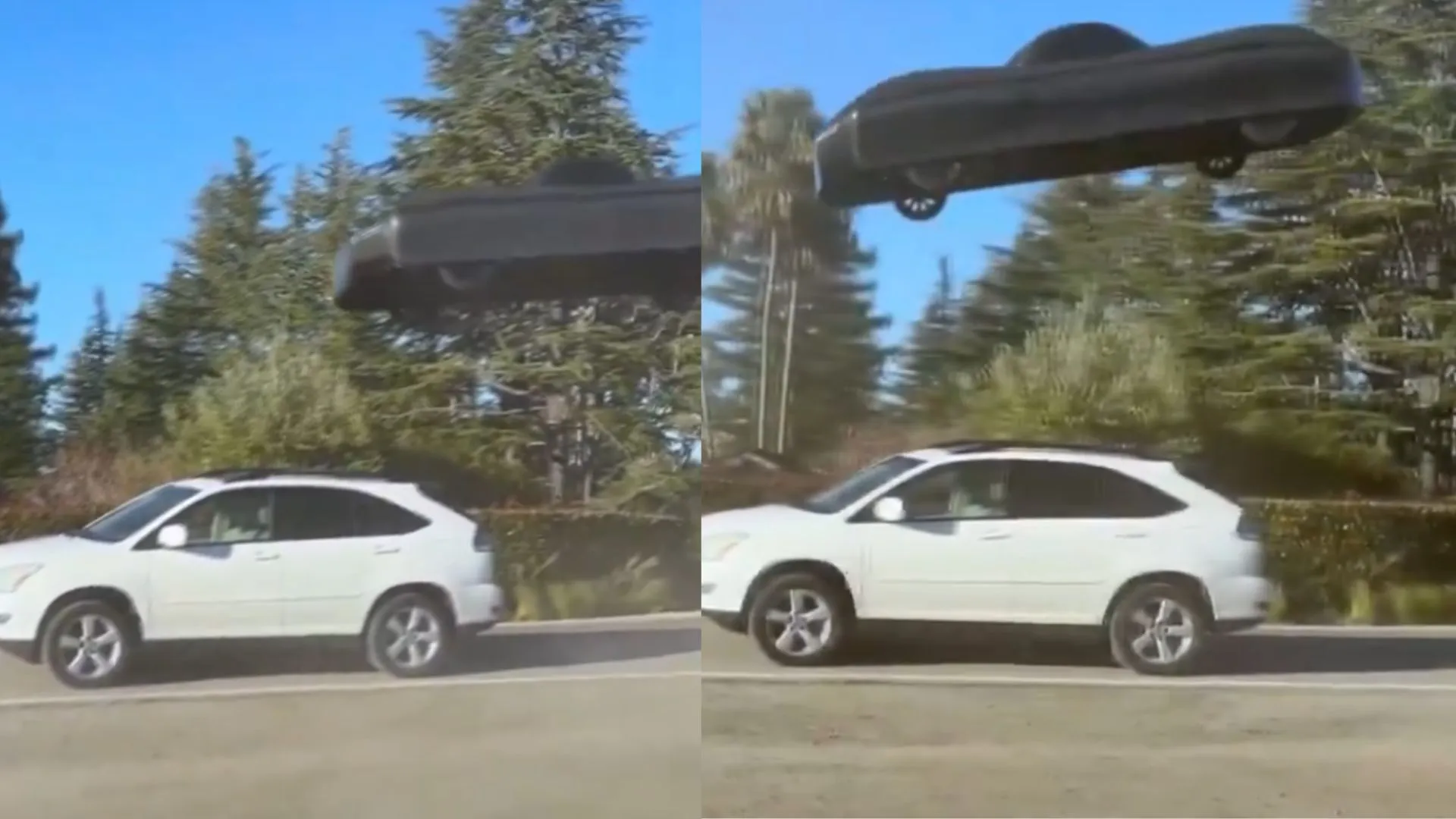The controversial video that features Alef Model Zero flying electric vehicle costing Rs 2.6 crore ($300,000)-has gone awry on the internet. The clip, shared by the Californian Alef Aeronautics, features a sci-fi car in an urban setting, which takes off vertically from over another vehicle and is pitched by the manufacturers as a groundbreaking invention in urban means of transportation.
However, social media has divided opinion on whether it could be interpreted as an innovation. Many look in awe at the technology while others are quick to question its viability, with several calling it CGI.
NEW: Alef Aeronautics releases footage of their electric car “jumping” over another car on a road in California.
The company claims this is the “first test in history of a car drive and vertical takeoff in a city.”
The company hopes to solve traffic by developing a car that can… pic.twitter.com/fjrFDIBlbK
— Collin Rugg (@CollinRugg) February 21, 2025
Sci-Fi or Reality?
In the video, the Alef Model Zero prototype flies up from a stationary ground position, hovering over parked cars before touching down. Distributed electric propulsion technology, which allows the vehicle to optimize airflow using a mesh-covered propeller system, is what the Alef Model Zero relies on.
It is designed with four rotors in front and another four at the rear so the vehicle can hover. Jim Dukhovny, chief executive officer of Alef Aeronautics, compared this test to the Wright Brothers’ first flight at Kitty Hawk. This has been a big moment in urban mobility, as he described it: “We consider that the first step toward changing the way people are moving around the city.”
Public Reactions
While some spectators were thrilled about flying cars, others were skeptical. One anonymous person wrote, “Why does it look so terrible CGI?” In contrast, another commenter stated, “Seems like a bad idea. What happens if many cars take off at once?”
The Alef Model Zero, despite its modern car character, will provide an astoundingly low top speed of about 25 miles per hour by 2025. Nevertheless, the company, which launched a flying car prototype project, has received over 3,000 preorders.






















